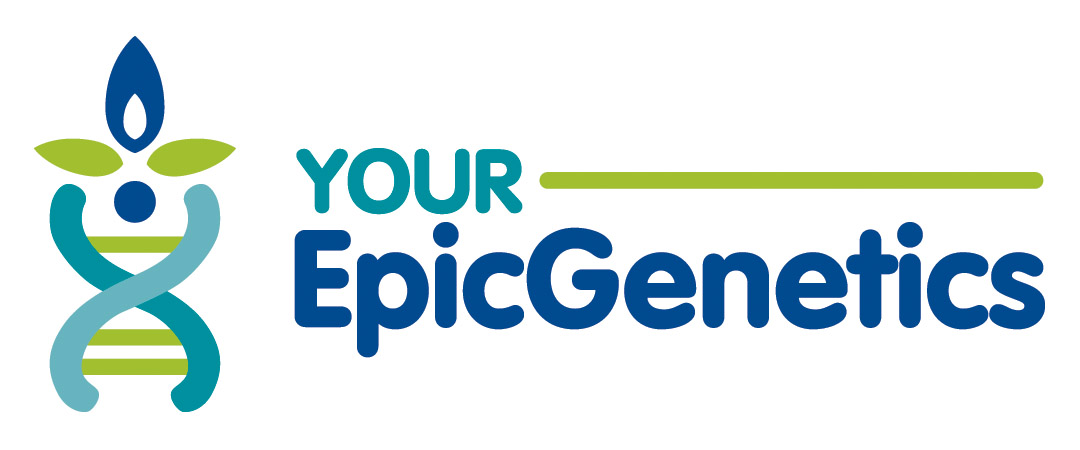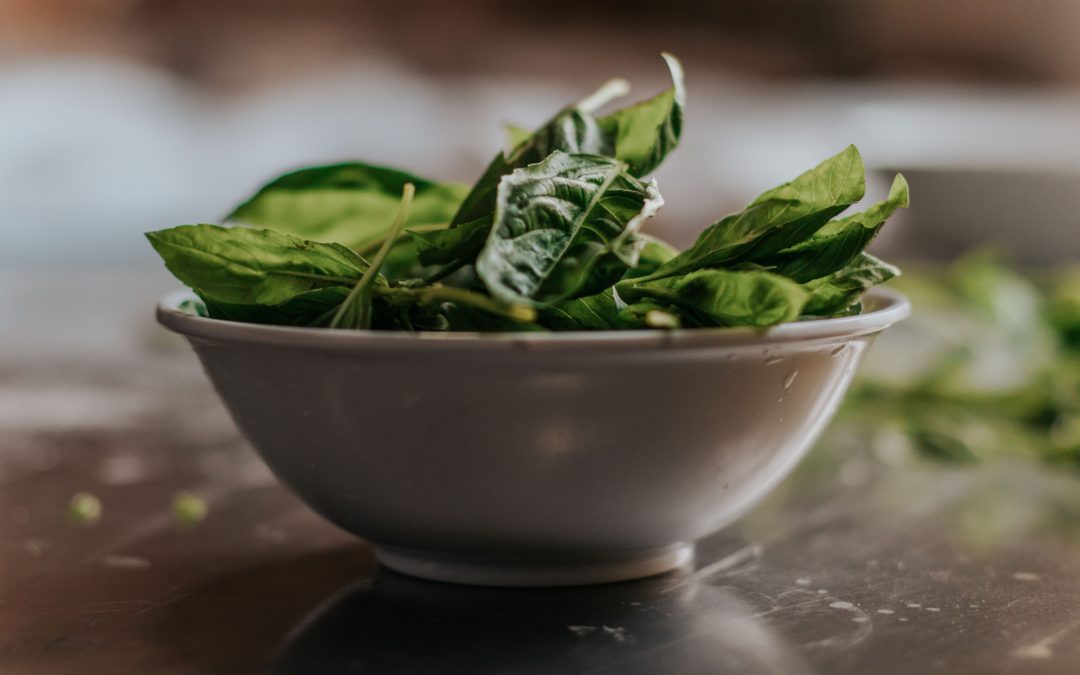An important trace mineral
Zinc is an essential trace mineral that is vital for human health. It is a component of more than 300 enzymes and hormones and plays a crucial part in the health of our skin, teeth, bones, hair, nails, muscles, nerves, and brain function (1). Zinc controls the enzymes that operate and renew the cells in our bodies (2) and regulates the sensory organs for sight, smell, and taste (3). While this essential micronutrient is significant throughout life, it is especially important for times of rapid growth, such as childhood, adolescence, and pregnancy, due to its role in helping cells grow and multiply (4). For the duration of this article we’re going to discuss the daily requirement for zinc, how to find it in its most absorbable form, why a deficiency may occur, and different signs and symptoms you may experience if a deficiency exists.
Zinc daily recommendation
According to the National Institute of Health, the daily requirement of zinc will vary depending on your age. On average, babies will require approximately 2 mg/day, children 3-5 mg/day, teenagers and adults 9-11 mg/day, and pregnant or breastfeeding mothers 11-13 mg/day. As always, it’s best to consult with your healthcare provider to determine your precise bioindividual need.
Where to find it
In terms of where to find it, zinc is present and readily absorbable from many types of food. Number one on the list is oysters! A typical oyster weighing approximately one ounce will contain about 8-9 milligrams of zinc (5), which is close to the daily requirement for an adult. Following oysters, the richest food sources of zinc include the organs and meat of pasture-raised beef, chicken, and lamb, as well as wild-caught fish and crustaceans, like crab and lobster (6). Other good sources of zinc include nuts, seeds, Shiitake and crimini mushrooms, spinach, asparagus, quinoa, and oats. However, some of these plant-based sources of zinc come with a caveat. (7)
One Caveat
Many of these plant-based sources have a substance within them, commonly referred to as an anti-nutrient, called phytic acid. While these phytate-rich foods are typically healthy, in terms of zinc absorption, they pose a problem. The phytic acid in seeds, grains, legumes, and nuts actually binds to minerals like zinc, iron, and calcium which greatly inhibits their absorption.
Soaking and Sprouting
One way to reduce phytic acid content is to soak and sprout your seeds, grains, legumes, and nuts before consumption. Another way to increase zinc absorption is to ensure the consumption of animal proteins with any phytate-rich food as they improve zinc absorption (8).
Zinc Deficiency
Unfortunately, zinc deficiencies are far too common among populations whose main food sources come from grains, cereals, and processed foods. Due to the many roles zinc plays in the human body, there is a broad range of physiological signs of a potential deficiency. Organ systems known to be affected by such a deficiency include the epidermal (skin), gastrointestinal, central nervous, immune, skeletal, and reproductive systems (9). Signs of a zinc deficiency can vary depending on the severity of the condition but may include things like frequent infections, loss of hair, poor appetite, lack of taste or smell, skin sores, slow growth rate, trouble seeing in the dark, or wounds that take a long time to heal (10).
There are two other important things worth noting about zinc. First, for women on birth control, a side effect of the pill is inhibited zinc absorption. For this population, it’s especially important to incorporate zinc-rich foods. Second, too much zinc, whether from diet or supplementation, can impair copper status. Typically, copper deficiency is rare, however it can occur if too much zinc is consumed. It is important to note the relationship between minerals, and to acknowledge that if we have increased intake of one, that it can and will affect other minerals. If you are supplementing, please make sure to work with a doctor or nutritionist who understands the relationship between minerals and can help you to meet your unique bio-individual needs.
Zinc is critical to every aspect of our biology and should be incorporated into our diet on a daily basis. As always, be sure to focus on high-quality, nutrient-dense whole foods that include a variety of macro and micronutrients to ensure adequate balance and absorption.
Connect With Me
Stay connected, and receive your 5-Day Immune Support Meal Plan with Recipes, as my gift to you.
Feeling fatigued during the day? Overwhelmed and feeling anxious? Digestive issues, acne, or desiring a more balanced mood? Book your free 15 minute Discovery Session and learn how Functional Nutrition can support your health.
xo Neeley at Your Epic Genetics
This information is being provided to you for educational and informational purposes only. It is being provided to you to educate you about healthy eating and living and as a self-help tool for your own use. It is not medical or psychological advice. This information is to be used at your own risk based on your own judgment.
For my full Disclaimer, please go to https://yourepicgenetics.com/index.php/disclaimer/
SOURCES
- Sharma, Dr. Archana. “http://www.iosrjournals.org/Iosr-Jdms/Papers/Vol16-issue4/Version-4/C1604041315.Pdf.” IOSR Journal of Dental and Medical Sciences, vol. 16, no. 04, 2017, pp. 16–19., doi:10.9790/0853-1604041619.
- “Zinc.” The World’s Healthiest Foods, http://whfoods.com/genpage.php?tname=nutrient&dbid=115.
- “Zinc.” The Nutrition Source, 20 Oct. 2020, hsph.harvard.edu/nutritionsource/zinc/.
- The World’s Healthiest Foods.
- Brown, Kenneth H., et al. “The Importance of Zinc in Human Nutrition and Estimation of the Global Prevalence of Zinc Deficiency.” Food and Nutrition Bulletin, vol. 22, no. 2, 2001, pp. 113–125., doi:10.1177/156482650102200201.
- The World’s Healthiest Foods.
- Sharma, IOSR Journal.
- Roohani, Nazanin, et al. “Zinc and Its Importance for Human Health: An Integrative Review.” Journal of Research in Medical Sciences : the Official Journal of Isfahan University of Medical Sciences, Medknow Publications & Media Pvt Ltd, Feb. 2013, www.ncbi.nlm.nih.gov/pmc/articles/PMC3724376/.
- “Zinc in Diet: MedlinePlus Medical Encyclopedia.” MedlinePlus, U.S. National Library of Medicine, medlineplus.gov/ency/article/002416.htm.


Recent Comments